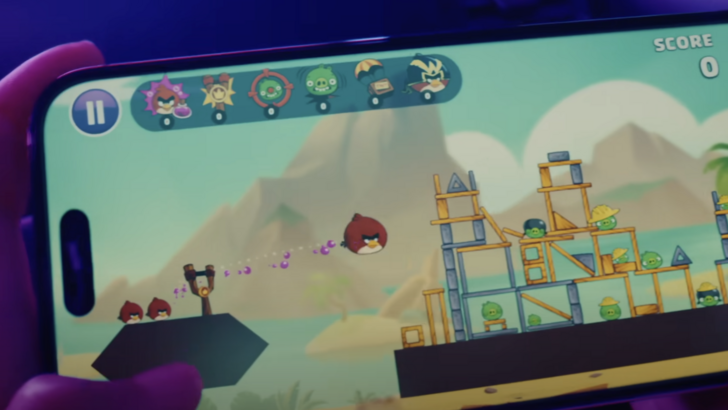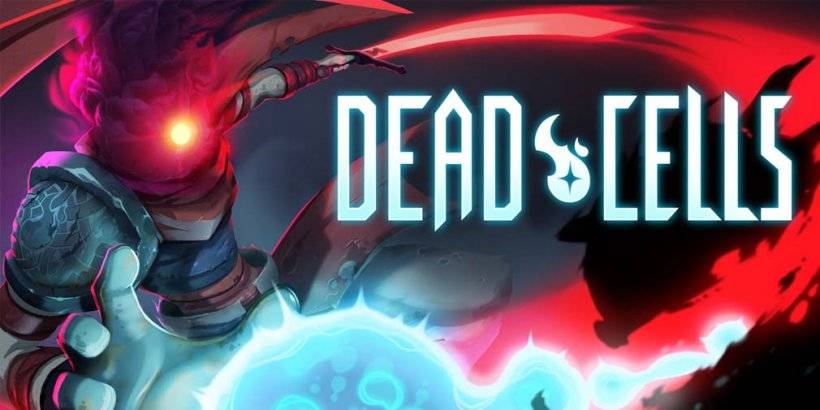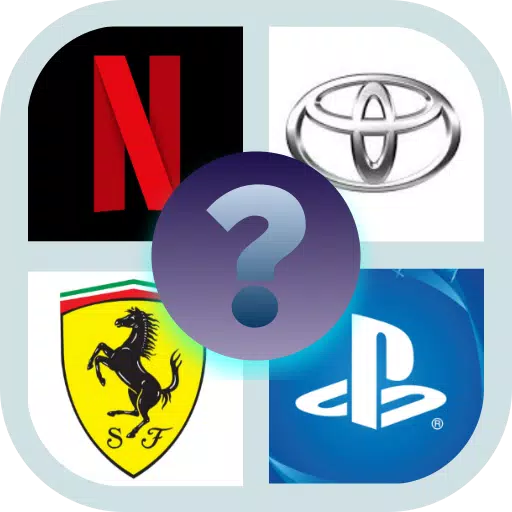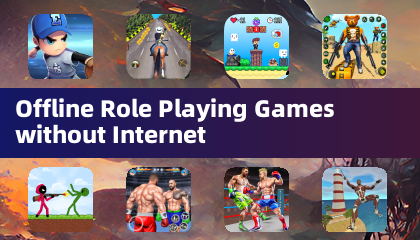Apple Arcade: A Double-Edged Sword for Mobile Game Developers

Apple Arcade, while offering a platform for mobile game developers, has reportedly caused significant frustration among its creators. A Mobilegamer.biz report reveals widespread dissatisfaction stemming from various operational issues.
The Challenges Faced by Developers
The "Inside Apple Arcade" report paints a picture of delayed payments, inadequate technical support, and poor game discoverability. Developers cited instances of waiting up to six months for payment, threatening studio solvency. One developer commented on the difficulty of securing deals and the inconsistent platform vision, adding that technical support was "miserable." Another echoed these concerns, highlighting weeks-long delays in communication and unhelpful responses from Apple.

Discoverability emerged as a major hurdle. One developer described their game as being "in a morgue" due to a lack of Apple's promotional support, feeling invisible despite their exclusivity agreement. The rigorous quality assurance (QA) process, requiring thousands of screenshots to demonstrate compatibility and localization across various devices and languages, was also criticized as overly burdensome.
A Mixed Bag of Experiences
Despite the negative experiences, some developers acknowledged a shift towards a more defined target audience within Apple Arcade. One developer noted that Apple's understanding of its user base has improved over time, suggesting that the platform's focus might not align with high-concept indie games. They also pointed out that Apple's support for family-friendly games benefits both Apple and the developers who cater to that market.
The financial benefits of Apple's support were also highlighted. Several developers stated that Apple's funding was crucial to their studio's survival, covering their entire development budget.
The Perception of Developers

The report suggests a lack of direction and integration within the broader Apple ecosystem. One developer described Apple Arcade as a "bolt-on" rather than a fully supported initiative. A significant criticism was Apple's apparent lack of understanding of its gaming audience, hindering effective communication and collaboration with developers.
The prevailing sentiment amongst developers is that they are treated as a "necessary evil," with little reciprocation for their efforts beyond the hope of future projects. This perception underscores the need for improved communication, support, and a clearer strategy from Apple to foster a more positive and productive relationship with its game developers.






























